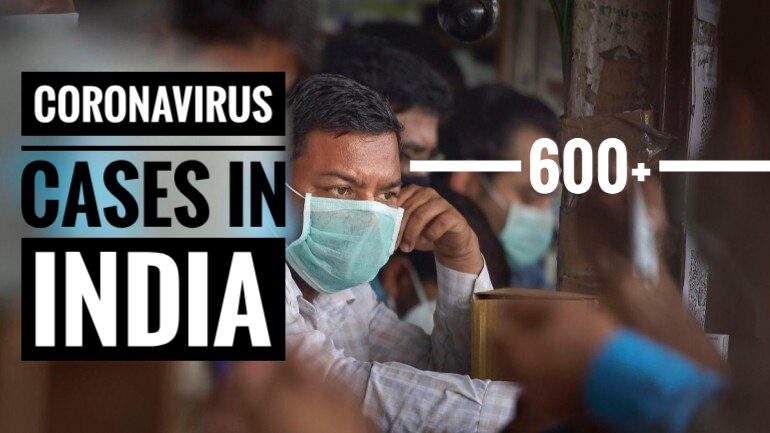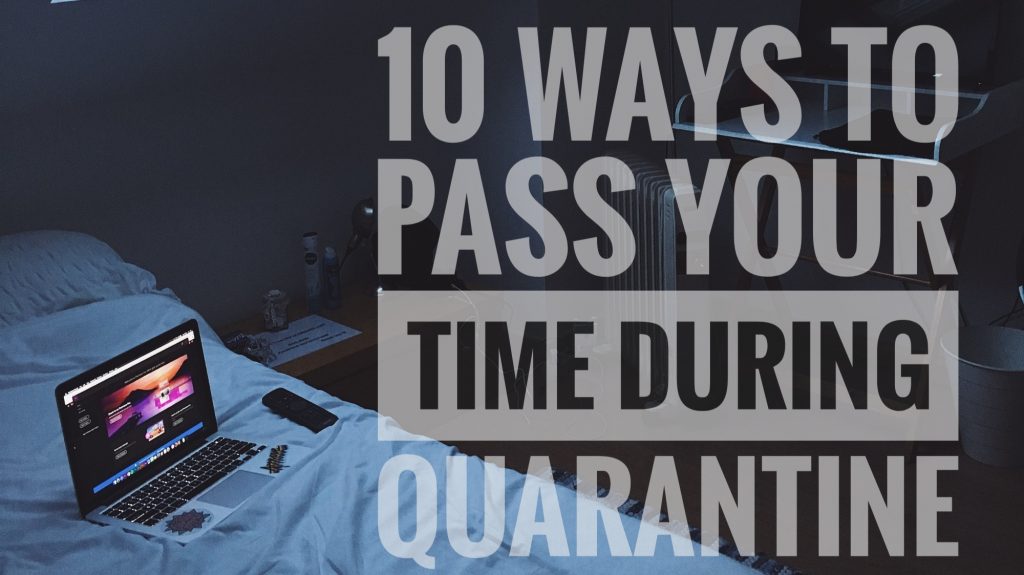Chloroquine Shortage
When the United States declared the true severity of the spread of the COVID-19 in the
country, he also named two drugs as “game changers” as they had had a very positive effect on those patients suffering from mild symptoms. However, both these drugs have yet to be approved by the FDA for the treatment of the virus at the time. The World Health Organisation had recently declared that it will take another 12 to 18 months to come up with a vaccine to cure the novel virus.
FDA EMergency Powers
Though the evidence is limited, the FDA approved the emergency manufacture of the malarial drugs hydroxychloroquine and azithromycin to treat those with mild symptoms and was the first time the FDA exercised its emergency powers. Several people have come forth and donated these drugs to the hospitals as well. However, there is very limited evidence of the combination’s effectiveness and panic buying has caused a great shortage in supply of the drug which has a very limited stock due to limited consumption.
“Some pharmacies and hospitals have been purchasing excessive amounts of these
medications in anticipation of potentially using them for COVID-19 prevention and treatment,” the American Medical Association, the American Pharmacists Association and the American Society of Health-System Pharmacists said in a joint statement. “We strongly oppose these actions.”
Centres of extreme shortage
New York has emerged as a major hotspot of the pandemic with more than 66,000 positive COVID-19 cases and 1,218 deaths. It has raised several questions regarding the access and efficacy of the drugs. Gov. Andrew Cuomo issued an executive order on Friday barring pharmacists from dispensing hydroxychloroquine or chloroquine except for FDA-approved indications. Trump has said that the government sent the state 10,000 units of chloroquine and that 1,100 people there have been treated with the medication so far.

Both California and New York have complained of a shortage of chloroquine according to the Lupus Research Alliance. This has resulted in the non-availability of the drug to those who are suffering from malaria and related diseases.
Clinical Trials
There is also a major concern associated with the working and safety of the drug. The Banner Health hospital system in Pheonix said on March 23, 2020, that the drug has severe bad effects like nausea, mood changes, drop in blood sugar and can even cause seizures, coma, and death.
There have been several clinical studies that have shown that the drug is not effective against the virus and can have very dangerous side effects as well as given people false hope. One of the studies was conducted on 17 March. This study described a trial of 80 patients carried out by Philippe Gautret in Marseille, France. Although some of their results appeared to be encouraging, it should also be noted that most of their patients only had mild symptoms.
Furthermore, 85% of the patients didn’t even have a fever – one of the major telltale symptoms of the virus, thus suggesting that these patients likely would have naturally cleared the virus without any intervention. Two other studies gave conflicting results.
A French group has tested that the combination treatment in 11 patients and their results proved to be different from the earlier study.
The Molina trial also used the same dosing in Gautret. However, in their trial eight of the eleven patients had underlying health conditions and only ten of the eleven had fever and were extremely ill at the time of the beginning of the testing. These researchers found that after five to six days of treatment with Hydroxychloroquine and azithromycin, eight of the ten patients still tested positive for the coronavirus. One of the patients had even died while two of the patients had to be shifted to the ICU. One of them was even removed due to severe complications.
A similar study in China showed no difference in the clearance even after seven days either with or without the drugs which supported the Molina study trial.
Advised to not use
Though researchers and doctors have extreme reservations about the combination treatment of using the drugs, people continued to go out and buy several of these medications across the world after Trump’s statement. People have been advised to refrain from doing so as the effects are yet not known and could cause more harm to the suffering patients.

